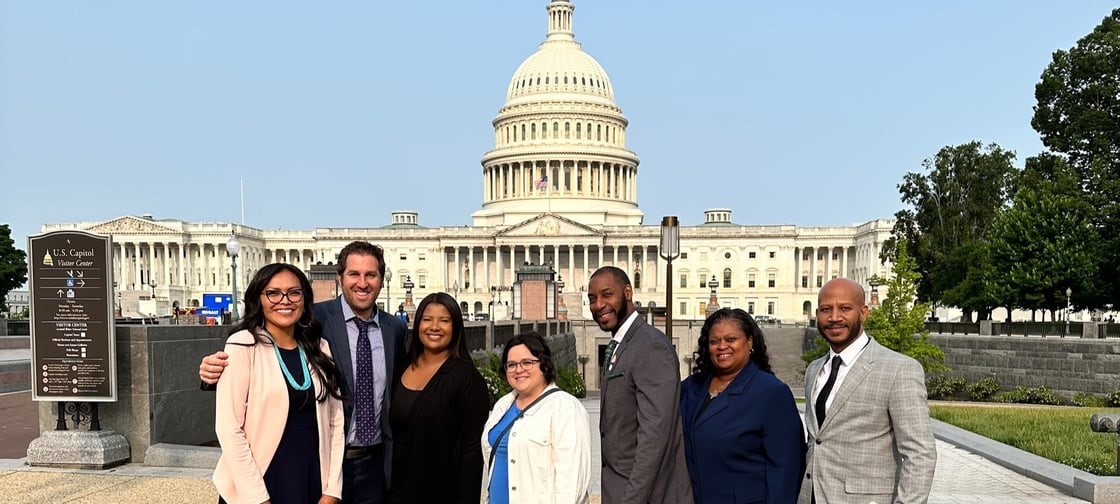Responding to a need for specialized, intensive training, leadership development fellowship programs have sprouted around the country. Such programs can now be found in New Orleans, Tennessee, Minneapolis and New York City, as well as nationally. Some of these programs have had great success. For example, Building Excellent Schools (BES) has effectively trained non-traditional school leaders to run close to 50 charter schools nationwide, collectively serving approximately 20,000 public school students. But, with a surging national waitlist, we also cannot expect that fellowship programs, many of which are largely funded through philanthropy, will satisfy the need for more great leaders.
How then, do we dramatically expand the pool of talented leaders in the charter sector? In the 2008 report, NAPCS suggested two solutions. First, it recommended that charter schools themselves need to create in-house training programs so teachers can learn how to become leaders. Indeed, a growing number of charter school organizations now have formal leadership training programs, including High Tech High, KIPP and Rocketship Education. These in-house programs identify teachers with leadership potential and provide a year or more of residency training alongside an existing high performing leader so that these school leaders are prepared to run schools when given the opportunity. Many are proving successful, as the quality of the schools in these networks remains high, even as they replicate. Second, NAPCS called upon colleges and universities to create programs designed to provide students with the right mix of skills necessary to lead a charter school. Tomorrow on The Charter Blog, we’ll look at higher ed programs designed to equip future school leaders with the specific skills needed to run a public charter school. Photo credit: Image via Building Excellent Schools website







